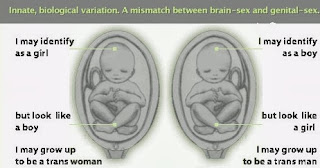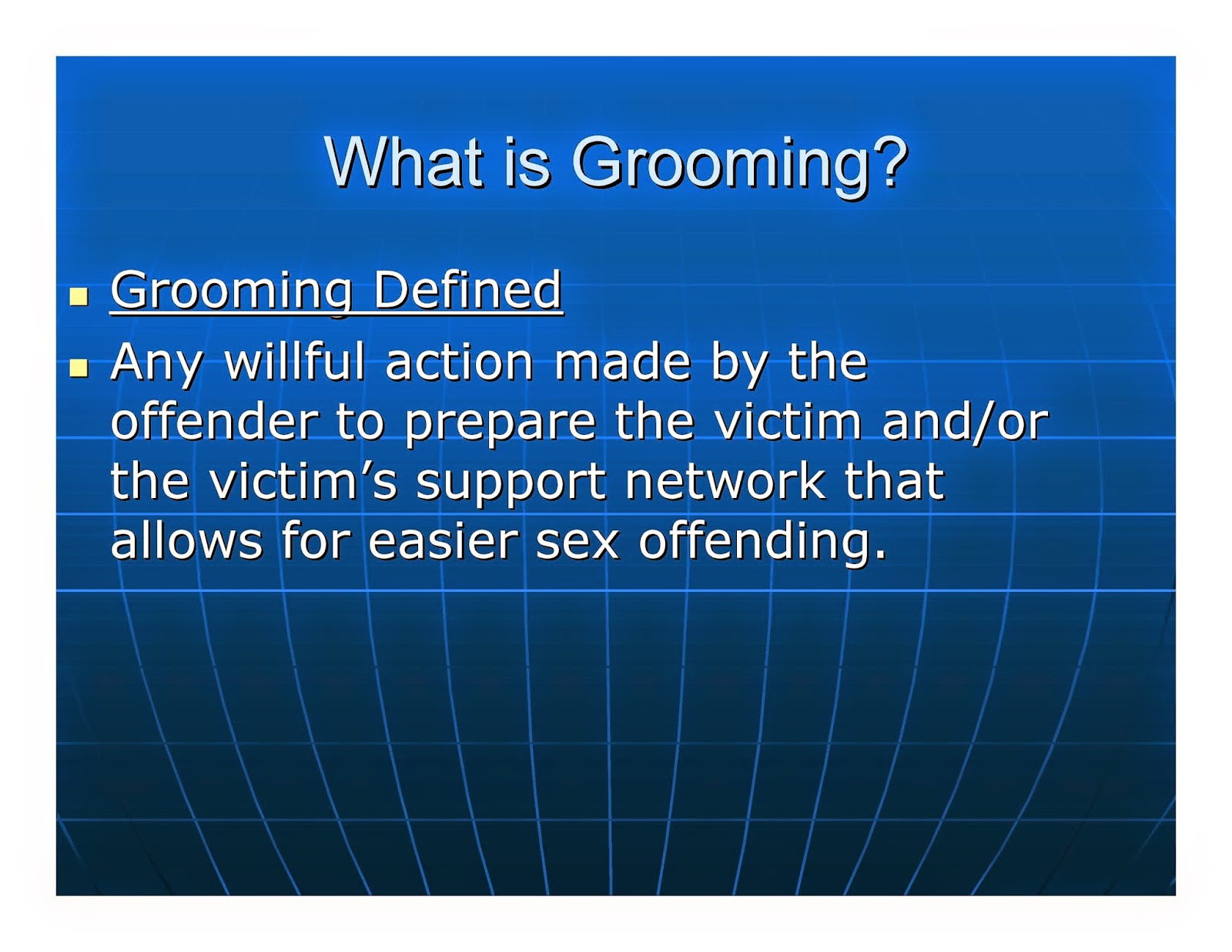 Abstinence-only sex education delayed sexual activity among pre-teens, and it reduced the amount of recent sexual activity among those who were already sexually active, according to a study published in Archives of Pediatrics & Adolescent Medicine and reported in ScienceDaily.
Abstinence-only sex education delayed sexual activity among pre-teens, and it reduced the amount of recent sexual activity among those who were already sexually active, according to a study published in Archives of Pediatrics & Adolescent Medicine and reported in ScienceDaily.For the study, researchers from the University of Pennsylvania followed 662 African Americans in grades six and seven who were randomly assigned to an abstinence-only class, a safer sex–only class or a combined abstinence and safer-sex class. As a control group, some students attended a class that promoted general health and did not discuss sexual matters.
Two years after the intervention, 33 percent of students in the abstinence-only group reported having sex, compared with half of the control group. In addition, students who were sexually active during the study reported fewer incidents of recent sexual activity.Researchers found none of the classes significantly affected consistent condom use or unprotected sex.
There was also no difference in condom use among participants who lost their virginity during the study. The abstinence-only classes did not use moralistic terms or portray sex in a negative light, according to the article.“Abstinence-only interventions may have an important role in delaying sexual activity until a time later in life when the adolescent is more prepared to handle to consequences of sex,” said lead author John B. Jemmott III, PhD, from the University of Pennsylvania. “This can reduce undesirable consequences of sex, including pregnancy and sexually transmitted infections like HIV/AIDS.”






























.mkv_000108708.jpg)
.mkv_000109059.jpg)
.mkv_000113988.jpg)
















+(Light).jpg)







































No comments:
Post a Comment